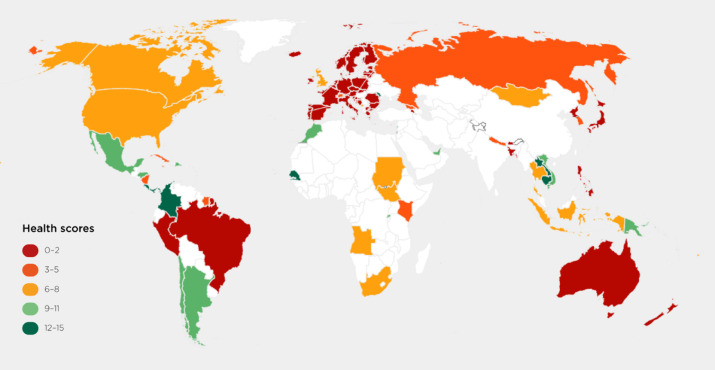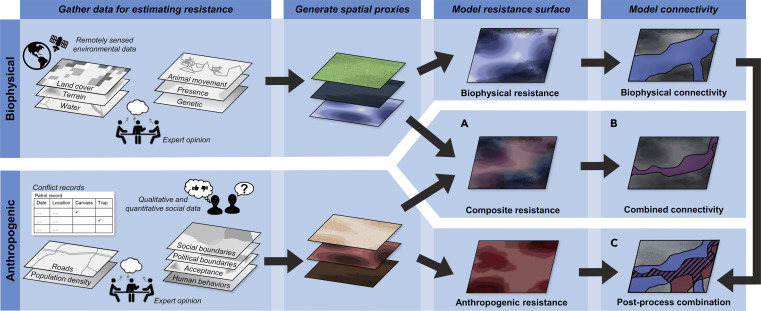Accountability is an integral component of achieving the Sustainable Development Goals (SDGs), a universal call to action established by the United Nations to end poverty, protect the planet, and ensure peace and prosperity for all by 2030. At its core, accountability involves the responsibility of individuals, organizations, and governments to report, explain, and be answerable for the consequences of their actions in the pursuit of these goals. This concept is crucial for several reasons.
Firstly, accountability ensures transparency in the implementation of the SDGs. It requires stakeholders to be open about their plans, activities, and achievements, allowing for public scrutiny and participation. This transparency is essential for building trust among all parties involved, including the local communities most affected by these initiatives. By being accountable, governments and organizations can demonstrate their commitment to the goals, encouraging greater engagement and support from the public and international community.
Secondly, accountability fosters effectiveness and efficiency in achieving the SDGs. When entities are held accountable, they are more likely to carefully plan and execute their strategies, ensuring that resources are used optimally to achieve the best possible outcomes. This is particularly important given the limited resources available and the vast scope of the SDGs, which encompass economic, social, and environmental objectives.
Thirdly, accountability promotes inclusiveness and equity, which are central themes of the SDGs. By holding decision-makers accountable, we can ensure that the benefits of development are distributed fairly and that no one is left behind. Accountability mechanisms can help identify and address disparities in the implementation of the SDGs, ensuring that marginalized and vulnerable groups are not overlooked.
Moreover, accountability is critical for learning and adaptation. By tracking progress and being answerable for results, stakeholders can learn from successes and failures. This learning process is vital for adapting strategies and approaches to more effectively meet the SDGs. It encourages innovation and the adoption of best practices, which are essential for tackling the complex and interconnected challenges that the SDGs aim to address.
Accountability is a key enabler for the achievement of the SDGs. It enhances transparency, effectiveness, inclusiveness, and learning, which are all critical for the successful implementation of the goals. As the world strives to meet these ambitious targets, fostering a culture of accountability among all stakeholders will be essential for creating a sustainable, equitable, and prosperous future for all.
The Right to Protest: online panel discussion
LexisNexis is hosting a free, online panel discussion in partnership with the International Law Book Facility (ILBF) to explore the right to protest.
24th January 2024 at 17:00-18:30 GMT
The panel discussion, moderated by James Harper, General Counsel of Global Nexis Solutions - part of LexisNexis, supports the ILBF's law undergraduate essay competition 2023-2024, that asks law undergraduates the question: ‘Should the right to protest be unfettered?’
International Day for the Total Elimination of Nuclear Weapons 2026: A World United for Peace and Disarmament
The pursuit of global peace and security is a fundamental goal shared across nations and cultures. Integral to this mission is the aim to achieve the total elimination of nuclear weapons. The International Day for the Total Elimination of Nuclear Weapons (IDTENW) stands as a vital reminder of our collective responsibility towards disarmament and the creation of a safer world.
The Essence of the Day
Maintaining or restoring connectivity among wildlife populations is a primary strategy to overcome the negative impacts of habitat fragmentation. Yet, current connectivity planning efforts typically assess landscape resistance, the ability of organisms to cross various biophysical elements in a landscape, while overlooking the various ways in which human behaviors influence connectivity. Here, we introduce the concept of “anthropogenic resistance” to capture the impacts of human behaviors on species' movement through a landscape.
There is a paucity of research on sexuality within accounting studies in general, and next to nothing on lesbian, gay, bisexual and trans* (LGBT) sexualities in particular. One major problem associated with this neglect is that the heteronormative bias within the accounting studies goes unchallenged, reproducing a heterosexual/homosexual binary that posits heterosexuality as a normative standard by which other sexualities are judged and found wanting.




